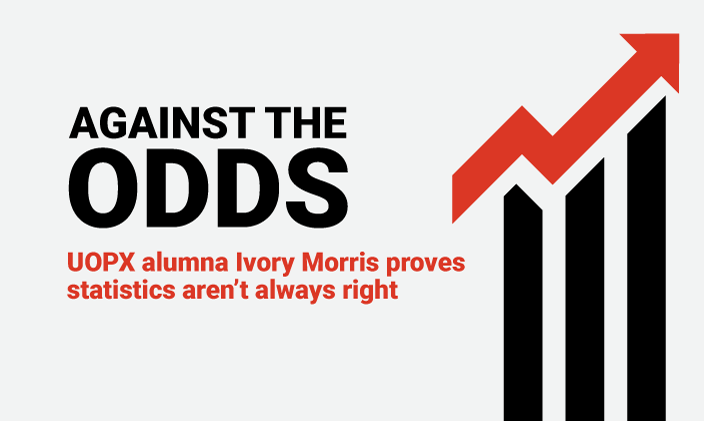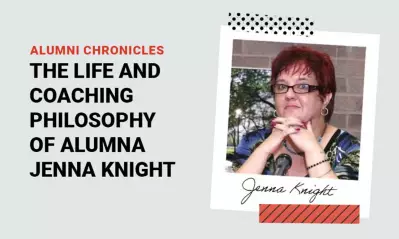Laura Docter-Bennett redefines what it means to be an influencer

Written by Elizabeth Exline
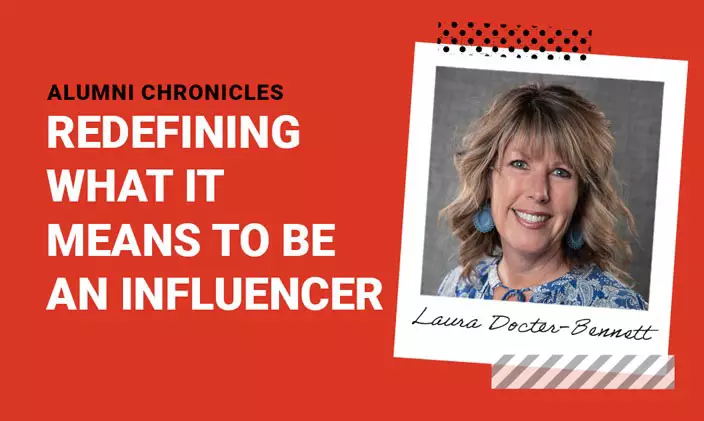
As the senior manager of human resources at Centre for Neuro Skills in California, Laura Docter-Bennett is used to juggling many responsibilities at once. Planning strategy, managing employee benefits, overseeing a recent platform change for her company — all this and more fall within her purview, and it is a job she loves.
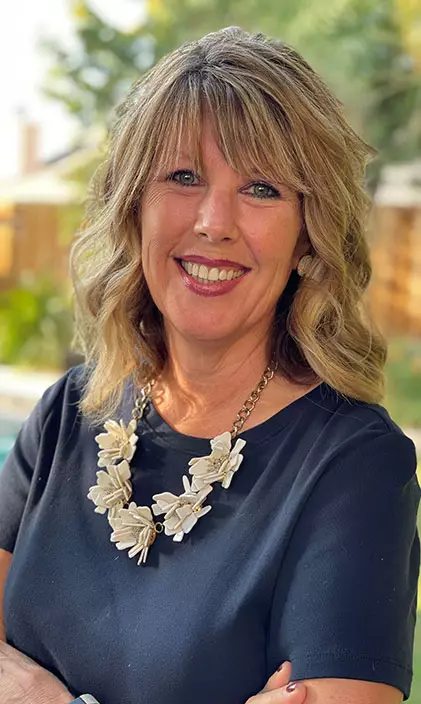
“In my role right now, I feel like I get to wear many hats, and it keeps my job from ever being boring,” Docter-Bennett says. “I think a lot of [what I like] about it is being able to lead the team.”
But working in human resources was a calling this Modesto, California, native found after a few detours, including relocating to Bakersfield, and supporting herself after high school with a job in customer relations. She always knew she’d need to earn her bachelor’s degree to achieve the things she wanted to in life, but understanding the what and the how of that goal were lessons she’d learn over time, and with the kind of help she now tries to offer others.
First in family
Today, Docter-Bennett speaks with the poise and catchphrases that point to a long career in human resources. She can tell her story and think on her feet while never breaking her composure, eye contact or smile. She is a consummate professional.
Some of this is just who she is, but much of it has been honed over her career and education, all of which started when she was working in customer service and staffing after high school.
“I got my feel for HR and was like, ‘Oh, I’d really like this. I get to problem-solve. I get to help people. I get to be around people, which, you know, I’m very much an extrovert,’” Docter-Bennett says. “So, I really found my passion in human resources, but I knew that finishing my education was something I needed to do.”
Docter-Bennett didn’t have a model for how to accomplish this. Her parents supported her goals but didn’t have the financial resources to pay for it, and they hadn’t completed college themselves.
So, Docter-Bennett started out slowly and attended community college to work her way through general education courses. Eventually, however, two things happened that turned her lofty goal of finishing college into an actionable reality. One, she was working for a corporate retailer that introduced her to University of Phoenix (UOPX). Two, she met and became engaged to her now husband, Mike.
“He was fully supportive of me finishing my degree,” she says of Mike. “He said, ‘You know what? Whatever it’s going to take, let’s do it.’”
Having (and juggling) it all
This commitment came with consequences. “We of course made a huge financial sacrifice knowing that the investment would more than pay itself off once the degree was in hand,” Mike says. “We also sacrificed trips along the way to make sure classes were attended. Most of the challenges, however, were met by Laura head-on by working full time and attending school. A challenge that she will say was worth it.”
The fact that UOPX emphasizes flexibility helped. In fact, it was a major selling point. In addition to working full-time and attending school, Docter-Bennett was navigating a new marriage as well as parenthood. (Mike had two children from a previous relationship.)
“I was pretty sold from the start,” Docter-Bennett recalls, describing how the flexible nature of online school meant she could earn her degree without giving up her other commitments.
That’s not to say Docter-Bennett didn’t have to be intentional about fitting everything in. Having Mike’s support meant she could effectively delegate when necessary and practice effective time management in general.
After work, for example, she’d prepare dinner and get her family situated before devoting evening hours to schoolwork. Some nights, Mike might take over dinner and bedtime duties while Docter-Bennett attended a team meeting.
The juggling was worth the knowledge Docter-Bennett was gaining, though. She recalls how instructors taught from experience and how the lessons were immediately applicable in her own job.
In the end, pursuing her degree took organization and commitment over a finite period of time, but it paid off. By 2008, Docter-Bennett had earned her Bachelor of Science in Management with a concentration in human resources.
Being the change
In addition to enhanced knowledge, Docter-Bennett’s education also offered the chance to meet like-minded professionals. “Once I started, there were other people who were kind of on the same track, so we were finishing classes [and] moving on to the next classes together. … I still keep in contact with those ladies and gentlemen. They became what I consider lifelong friends,” she says.
The peer aspect hints at a crucial part of Docter-Bennett’s story: the idea that you can set an example others will follow.
For instance, when some group members had trouble completing their share of a project, Docter-Bennett and her team resolved to “press forward and do what had to be done to finish.”
“I think that the maturity that comes with age and life experiences allowed me to influence others to put in the work and collaboration,” she says.
In her work, today, Docter-Bennett continues to evangelize the benefits of higher education. She facilitates lunch-and-learn sessions at Centre for Neuro Skills where employees can learn about the educational opportunities available at University of Phoenix, and she encourages employees to explore their options when it comes to advancing their education.
“I love the philosophy and the model [of UOPX],” she says, “and I know if [education] is something that matters to someone that it’s achievable.”
This outlook extends to her home life as well. “We knew we wanted to have children at some point in the future, and it was very important to us to be educational role models to them,” Mike says.
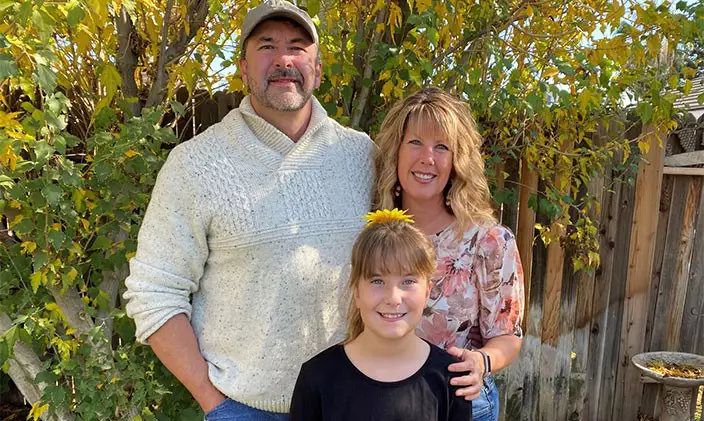
The couple did end up having another child, a daughter born 11 years ago. Today, the two oldest children are pursuing their own education and in their own ways, much like Docter-Bennett did.
“They saw Mom do it,” she says, “so it’s almost like, ‘OK, she was 36 when she graduated. It can be done.’”
Even the couple’s youngest daughter has been impacted. “Morgan is only in the sixth grade, but the fact that both her parents were able to obtain their bachelor’s degrees I hope will be a motivating factor down the road,” Mike says.
Docter-Bennett seconds this. “At 11 years old, she is talking about college,” she says. “I said, you can go wherever you want to college. But you’ve gotta go. It’s an expectation. It’s not even an option.”

ABOUT THE AUTHOR
Elizabeth Exline has been telling stories ever since she won a writing contest in third grade. She's covered design and architecture, travel, lifestyle content and a host of other topics for national, regional, local and brand publications. Additionally, she's worked in content development for Marriott International and manuscript development for a variety of authors.
This article has been vetted by University of Phoenix's editorial advisory committee.
Read more about our editorial process.
Read more articles like this:
